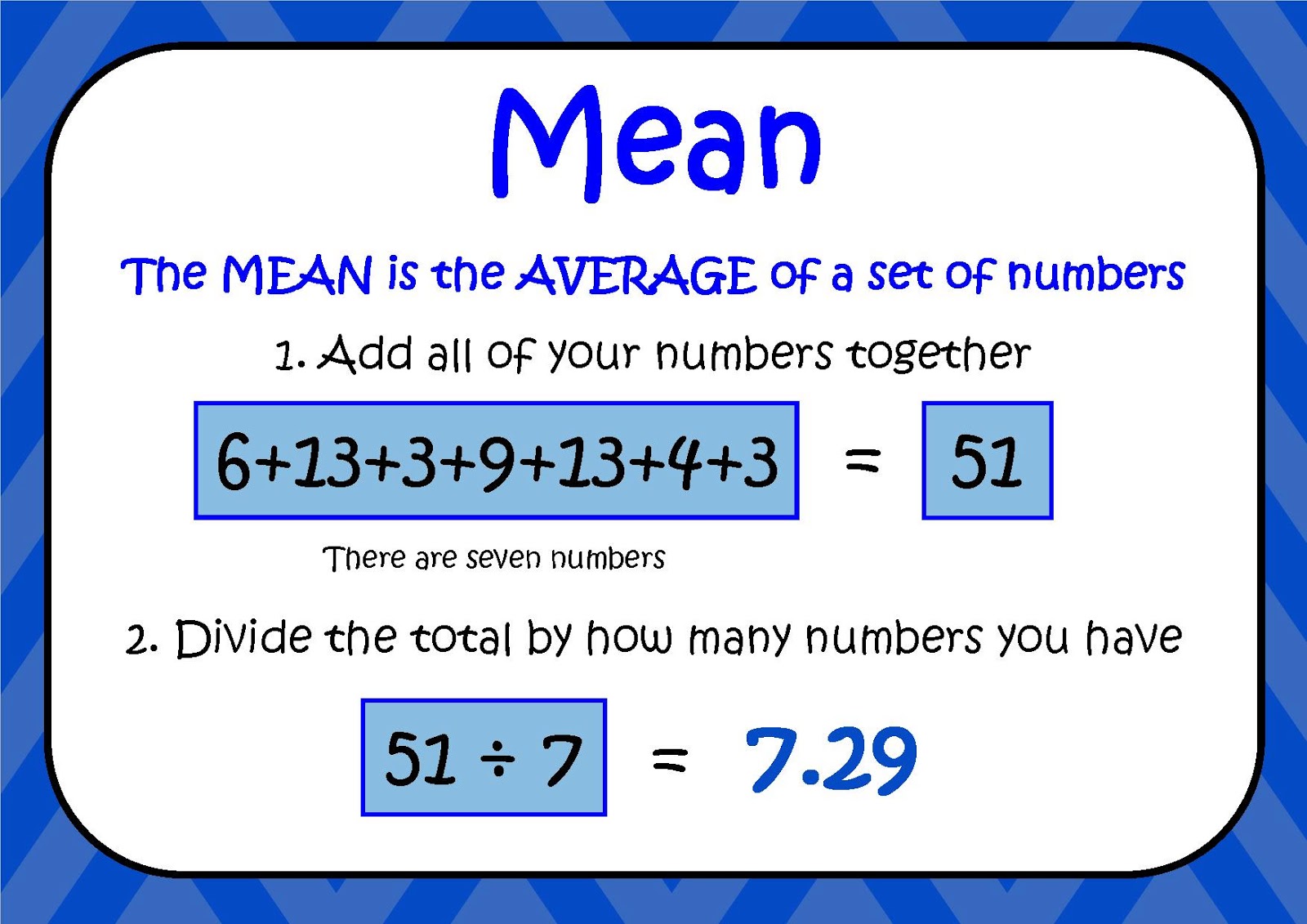I mean is a phrase we often hear in everyday conversations, yet its significance goes beyond mere words. It serves as a bridge between thoughts and expression, allowing speakers to clarify their intentions or emphasize their statements. In this article, we will explore the different facets of the phrase "I mean," its usage in various contexts, and its importance in effective communication.
Understanding the nuances of "I mean" can enhance our communication skills, making our interactions more meaningful. This phrase can be used to clarify, rephrase, or emphasize an idea, ensuring that the listener fully grasps our intended message. As we delve deeper into this topic, we will examine the various contexts in which "I mean" is employed, as well as its implications in both informal and formal communication.
Moreover, we will discuss how the phrase affects relationships, negotiations, and even public speaking. By the end of this article, readers will appreciate the power of this seemingly simple phrase and how it can significantly impact our interactions with others.
Table of Contents
- Definition of "I Mean"
- Usage of "I Mean" in Conversations
- Using "I Mean" for Clarification
- Emphasizing Points with "I Mean"
- Cultural Variations in Usage
- Impact of "I Mean" on Communication
- Common Mistakes in Using "I Mean"
- Conclusion and Final Thoughts
Definition of "I Mean"
The phrase "I mean" functions as a conversational tool that allows speakers to clarify their statements or provide additional context. It serves as an indicator that the speaker is about to elaborate on a thought or correct a misunderstanding. In essence, "I mean" signifies that the speaker is conscious of their message and wants to ensure it is accurately conveyed.
Usage of "I Mean" in Conversations
In everyday conversations, "I mean" often appears as a filler phrase. It is commonly used when a speaker is considering their next words or trying to articulate a complex idea. Here are some common scenarios where "I mean" is utilized:
- To clarify a previous statement.
- To emphasize a point.
- To rephrase something for better understanding.
- To signal that the speaker is about to elaborate further.
Using "I Mean" for Clarification
One of the primary functions of "I mean" is to clarify statements. When a speaker feels that their message may not have been understood correctly, they can use this phrase to reframe their words. For instance:
"I think we should consider a different approach. I mean, it might yield better results."
In this example, the speaker uses "I mean" to clarify that the suggestion of a different approach is not just a random thought, but a well-considered opinion aimed at improving the situation.
Emphasizing Points with "I Mean"
"I mean" also serves as a tool for emphasis. When a speaker wants to stress the importance of their point, they can preface it with this phrase. For example:
"I mean, this is a crucial decision that could impact our future."
In this case, "I mean" underscores the significance of the statement, making it clear to the listener that the speaker considers the decision to be critical.
Cultural Variations in Usage
Across different cultures, the usage of "I mean" can vary significantly. In some cultures, direct communication is preferred, and the phrase may be seen as unnecessary. In contrast, other cultures may embrace such phrases as a way to foster a more conversational tone. Understanding these cultural differences is essential for effective cross-cultural communication.
Impact of "I Mean" on Communication
The impact of using "I mean" in conversation can be profound. Here are some ways it influences communication:
- Enhances clarity: By clarifying statements, it reduces misunderstandings.
- Builds rapport: It creates a more conversational and friendly atmosphere.
- Encourages engagement: It invites listeners to participate more actively in the conversation.
Common Mistakes in Using "I Mean"
While "I mean" is a useful phrase, it can lead to misunderstandings if overused or misused. Here are some common mistakes to avoid:
- Using it too frequently, which can make the speaker sound uncertain.
- Employing it in formal settings where clarity should be prioritized.
- Using it without a clear purpose, leading to confusion.
Conclusion and Final Thoughts
In conclusion, the phrase "I mean" plays a vital role in effective communication. It serves as a tool for clarification and emphasis, helping speakers convey their thoughts more clearly. By understanding its usage and implications, we can enhance our communication skills and foster better relationships in both personal and professional settings.
If you found this article helpful, please leave a comment below, share it with others, or explore more articles on our site for further insights into effective communication.
Thank you for reading, and we hope to see you again soon!
You Might Also Like
Salaam Namaste: A Cultural Insight Into Indian HospitalityWhere To Donate Books: A Comprehensive Guide For Book Lovers
Understanding J To EV: Transitioning From Gas To Electric Vehicles
Discover The Best Free Camping Near Me: A Complete Guide
What Is 5'6" In Inches? Understanding Height Conversions
Article Recommendations
- Global Impact_0.xml
- Nikki Minja Naked
- Healthy Habits_0.xml
- Wallet With Pull Tab
- Efficient Strategies_0.xml
- 76 Out Of 80
- Lax Plane Spotting Locations
- Long Handled Post Hole Diggers
- Clr Soak Overnight
- Michael Jordan Tequila Reposado


